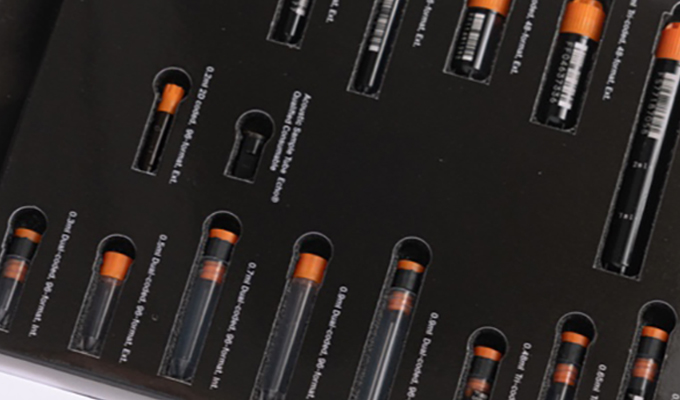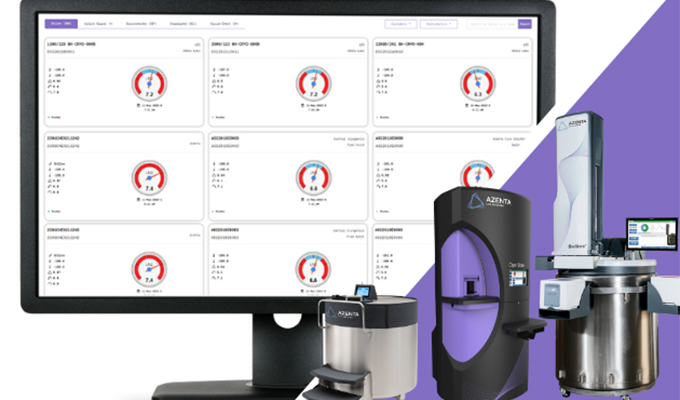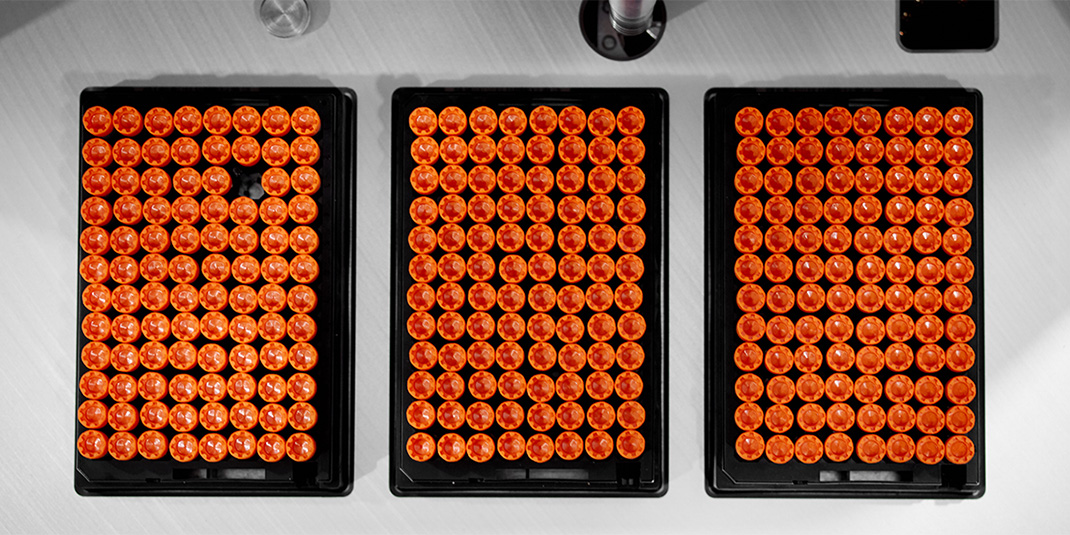As pharmaceutical and biological research increases, biorepositories are becoming an important component of many research programs. Biorepositories store and catalog biological samples for future use, so it is essential that biorepositories follow current management best-practices and meet stringent regulatory requirements for the handling and use of biological specimens, particularly when human subjects are involved.
The following legal guidelines are essential knowledge for biorepository staff.
1. HIPAA Coverage
The Health Insurance Portability and Accountability Act (HIPAA) is a U.S. law that is designed to protect patient privacy and medical records. As of 2009, any business that handles patient information, regardless of the origination of the information, must follow HIPAA practices to safeguard privacy. Biorepositories often store samples from human patients and can be subject to civil or criminal penalties if there is a breach of patient data or if the biorepository is found to be non-compliant with HIPAA guidelines.
2. Human Tissues and Informed Consent
At research institutions, an Institutional Review Board (IRB) oversees studies involving human subjects. This review board is designed to protect the people in a study from potential negative consequences of participating in research. Specimens collected from patients or research participants typically require IRB-approved, informed consent documentation signed by the specimen donor. Specimens that will be stored in a biorepository for future use require informed consent documents specific to biorepository storage. Since it is often unknown what research will be performed with stored samples, donors may retain the right to withdraw authorization to use their tissue samples in the future.
3. Right to Withdraw from Research
Human subjects may retain the right to withdraw their consent to use samples for future research, depending on the informed consent agreed upon at the time of collection synthroid tablets buy online. Protocols for sample management when this occurs currently lack federal regulation and will vary between institutions, so biorepositories are advised to outline their best practices for the termination of a given specimen. Possibilities include sample destruction or transfer to another research project approved by the donor. Development of a transparent operating procedure in the case of withdrawal of consent can protect biorepositories and staff from unintentional violation of IRB and HIPAA regulations.
4. Sample Custody and Ownership
Biological repository sample custody and ownership laws and practices vary between states and institutions, but general guidelines can be followed. Typically, samples collected at a given institution are owned by that organization. Samples may be either in the custody of the researcher that collected them (such as samples collected for a particular study) or in the care of an IRB-approved biospecimen regulatory body (such as samples collected for future research use). Biorepositories should have clear guidelines in place for sample ownership, custody, and distribution, as well as a plan for legacy in the case that a researcher leaves the institution.
5. Access to Biological Specimens and Specimen Data
Access to biological samples and their associated data should be tightly controlled by the biorepository to ensure the security and integrity of the specimen. Access to a given sample should be limited to authorized researchers with sample custody and designated biorepository staff. Biorepositories should maintain detailed audit trails for samples, including access logs compliant with Federal Drug Administration (FDA) standards for electronic records and signatures.
As with many areas of technology, biological research often outpaces legislation regulating its practice. Laws affecting biorepositories are in their infancy and may change as technology and products advance. Biorepository staff should maintain awareness of developments in regulations that affect biological samples and research privacy acts in the future.
Strengthen your biorepository best practices with sample storage services from Azenta Life Sciences!









